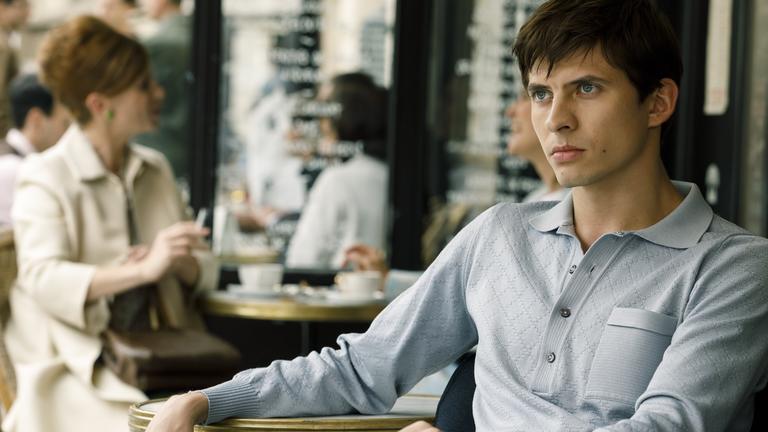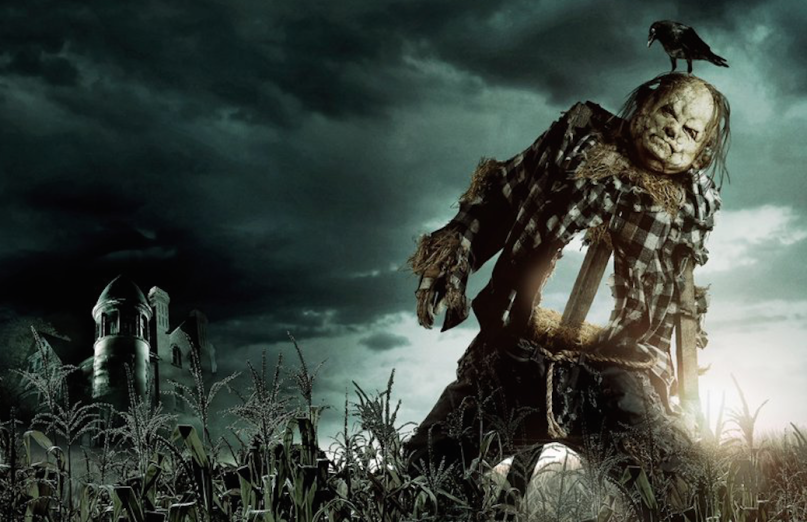 The title of the new Ralph Fiennes directed biography comes from the Russian phrase that is used to describe an outsider, someone who is not part of the collective. It is very apt in describing the man who was Rudolph Nureyev. He was the most famous dancer in the world in the nineteen sixties and seventies with the talent and the attitude of someone who was a perfectionist. The film takes a view on the man before he became a superstar.
The title of the new Ralph Fiennes directed biography comes from the Russian phrase that is used to describe an outsider, someone who is not part of the collective. It is very apt in describing the man who was Rudolph Nureyev. He was the most famous dancer in the world in the nineteen sixties and seventies with the talent and the attitude of someone who was a perfectionist. The film takes a view on the man before he became a superstar.
In 1961, for the first time since the Second World War, the Kirov ballet company are performing outside of the Soviet Union. Nureyev is one of the principals as the company arrive in Paris for a six week. He uses his time there to see and do as much as possible. Under the watchful eye of his minders he meets artistic people who give him a flavour of life in the West. His disinterest in politics and his attitude to authority make things difficult for him and moment of reckoning beckons.
 The film makers make a conscious choice to show the man before he was the fully formed entity that the artistic world came to worship. They wanted to explore just how he came to be on the brink of fame and the choices that formed him. A broken narrative technique is used to fully explore the character. The main part of the story is set in Paris with flashbacks to his training in Leningrad and his early years in the bleak industrial town of Ufa. The device is used primarily to back up a scene set in the present with a visual explanation of its background. Using the show don’t tell method pays dividends as it avoids exposition dumps and really fleshes out the personality of Nureyev. The film is a great pains to show that Nureyev used more than just movement and ballet to develop his craft. He made use of his downtime in Paris to visit galleries and museums in order to study as much art as he could absorb. This informed his attitude to performance and confounding audience expectations.
The film makers make a conscious choice to show the man before he was the fully formed entity that the artistic world came to worship. They wanted to explore just how he came to be on the brink of fame and the choices that formed him. A broken narrative technique is used to fully explore the character. The main part of the story is set in Paris with flashbacks to his training in Leningrad and his early years in the bleak industrial town of Ufa. The device is used primarily to back up a scene set in the present with a visual explanation of its background. Using the show don’t tell method pays dividends as it avoids exposition dumps and really fleshes out the personality of Nureyev. The film is a great pains to show that Nureyev used more than just movement and ballet to develop his craft. He made use of his downtime in Paris to visit galleries and museums in order to study as much art as he could absorb. This informed his attitude to performance and confounding audience expectations.
A film about ballet and a larger than life dancer has to have a very strong central performance. It must have been a risk to go with an unknown quantity, acting wise, in Oleg Ivenko. He is dancer by trade and had to undergo nine months of acting and very specific dance lessons to turn himself into the character. He gives a fantastic performance in the main role. He is a real screen presence whether it is in the dramatic moments or the sections where dance is the focus. His blank expression and piercing gaze, used to great effect time and again, give an insight of the way that Nureyev conducted himself in order to get what he wanted. He seldom has to raise his voice to get what he wants as his poise usually brings people round to his viewpoint.
The film avoids the usual pitfalls of a non-English subject matter by doing the very sensible thing in having the actors speaking in their native language. Fiennes himself appreciates and publicly praises Russian culture so it is no surprise that he would want to avoid using actors speaking in English with eastern European accents. It made the financing and production more difficult as at least half of the film is subtitled but it makes a real difference to the overall feel of the film.
- Arrow Video Titles For March 2025 - January 5, 2025
- G20 – Preview - January 5, 2025
- Royal Opera House launches Maria Callas tour featuring Angelina Jolie’s costumes from new biopic Maria - January 5, 2025




